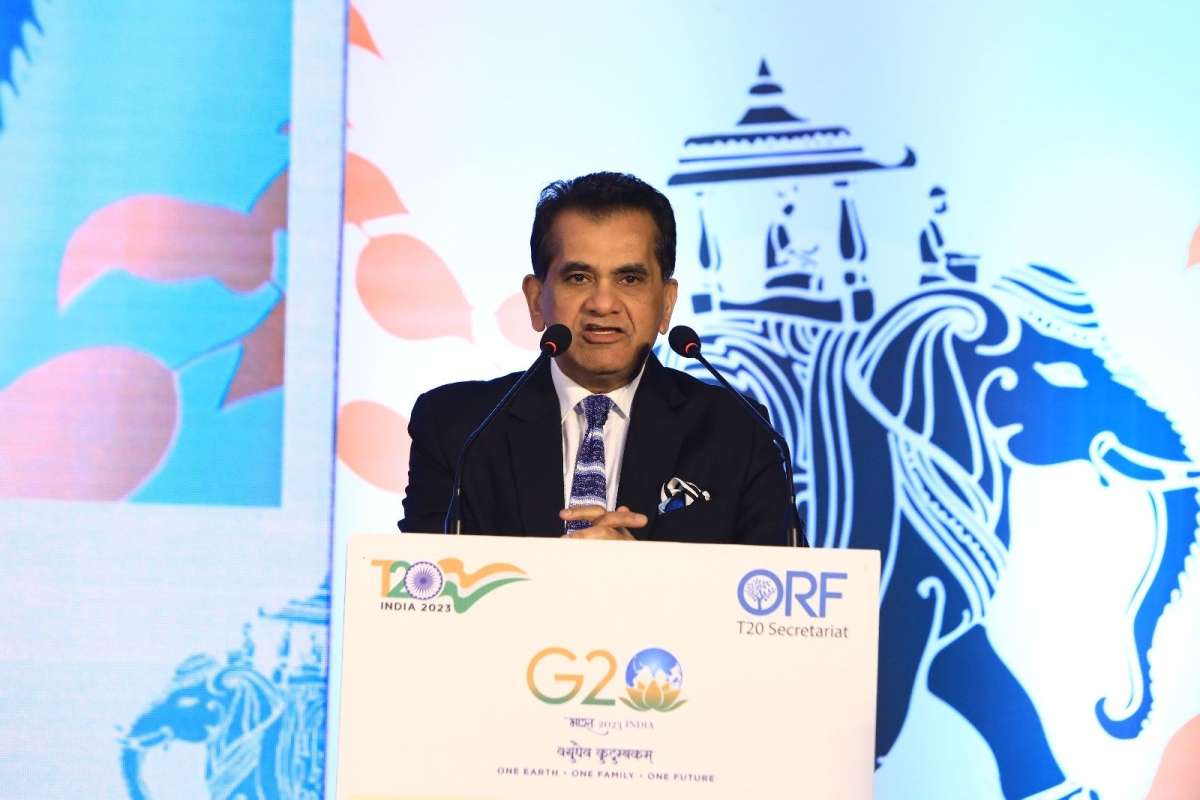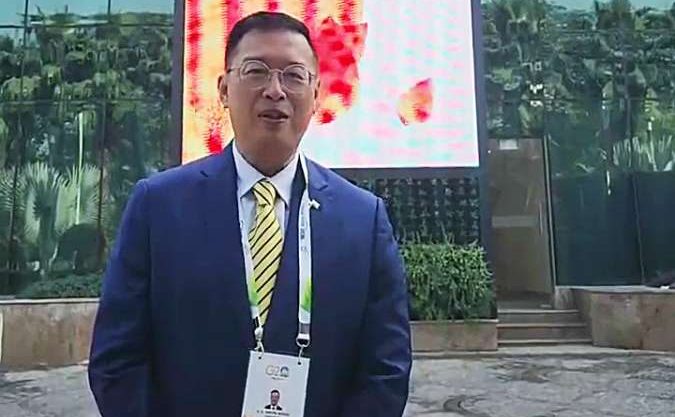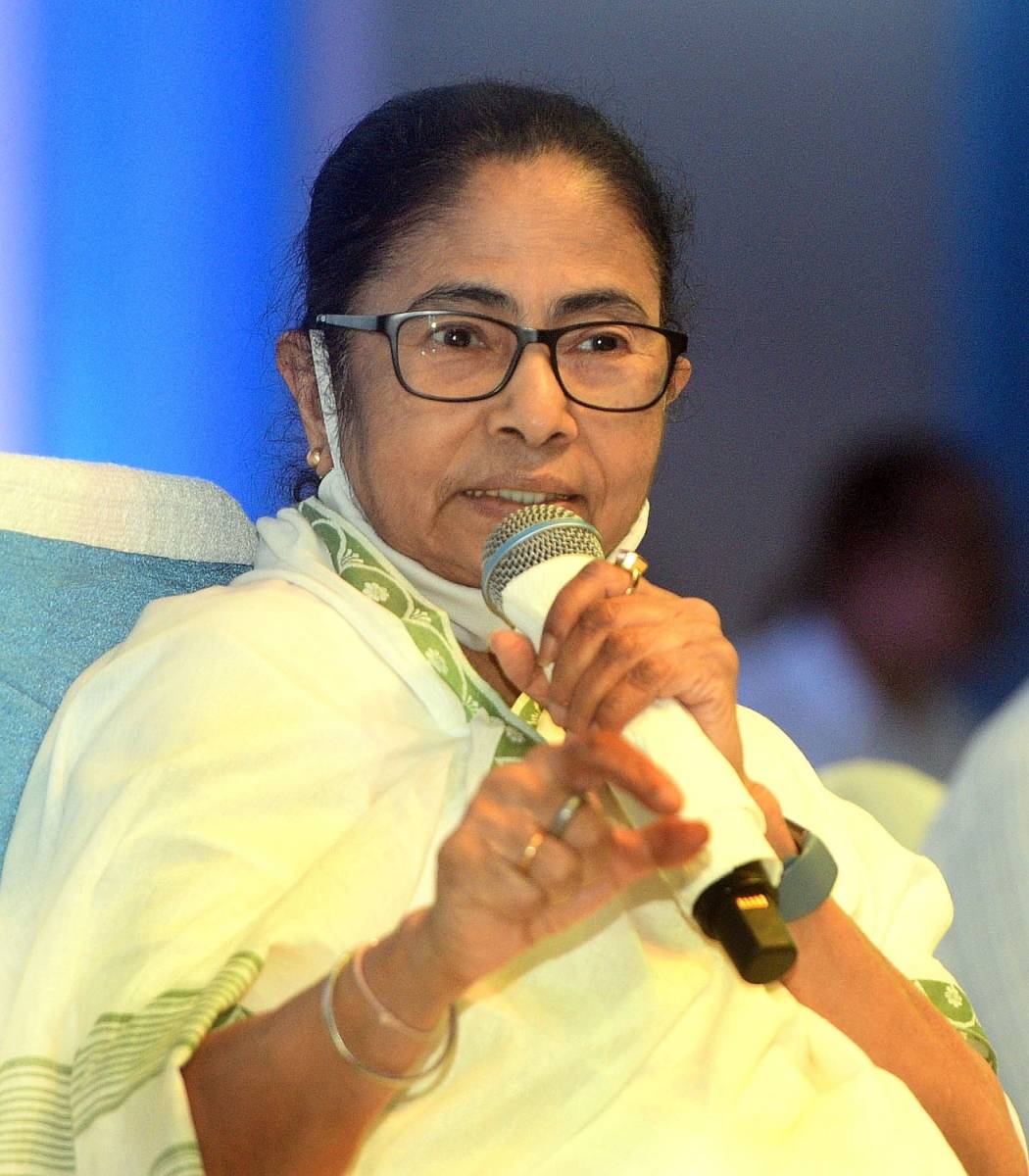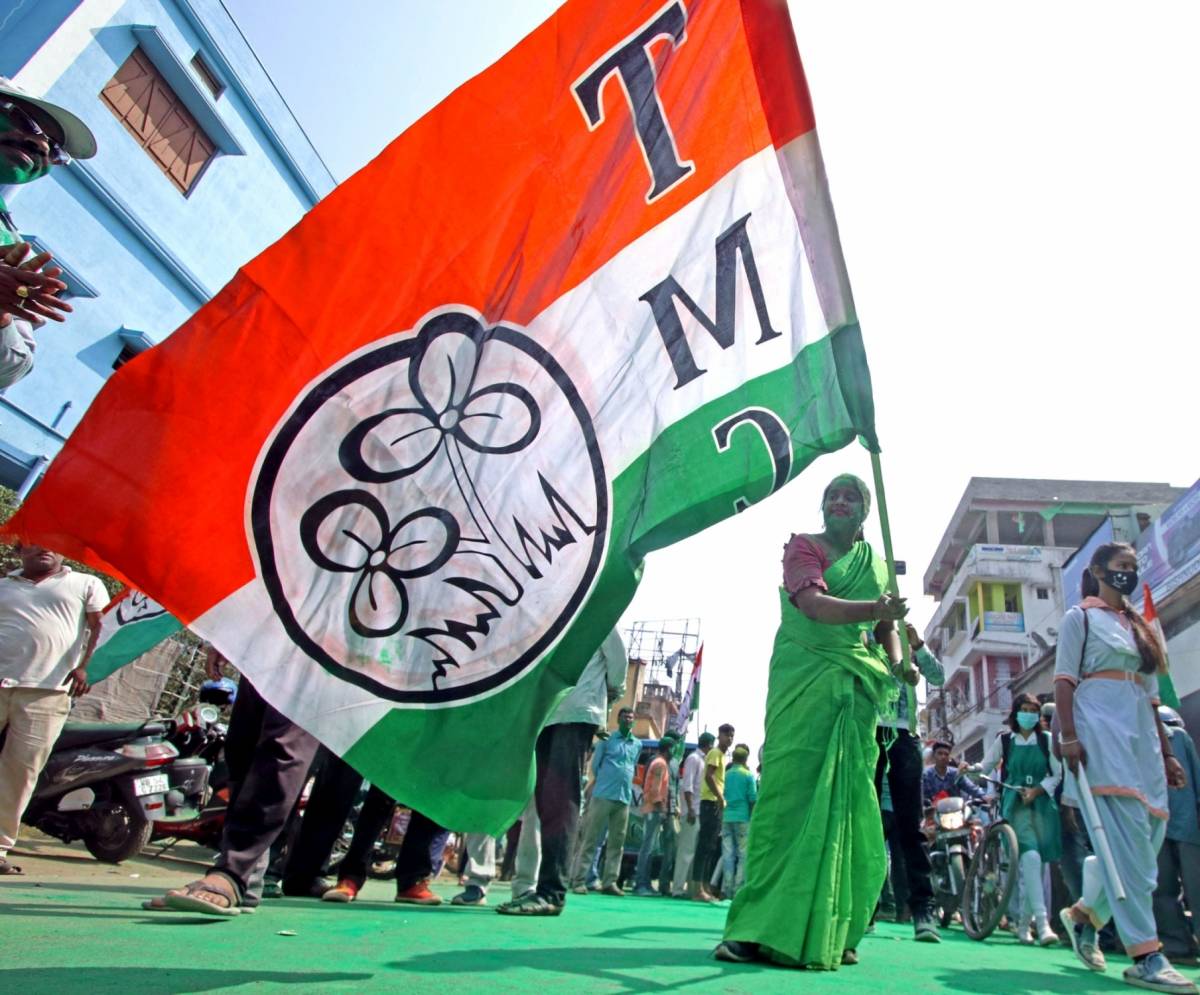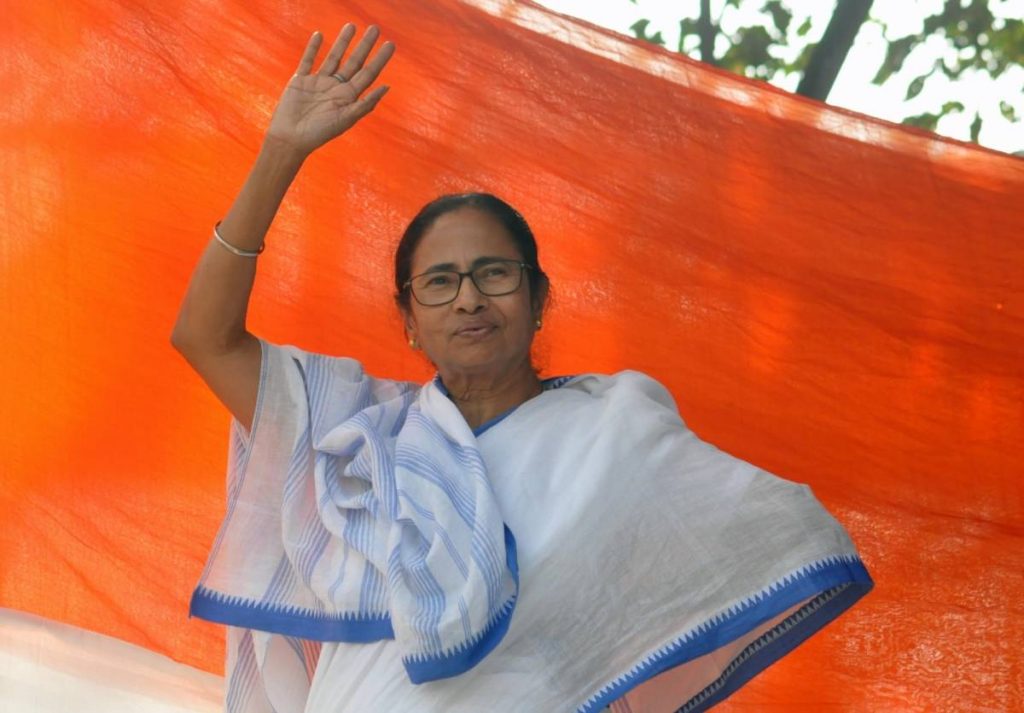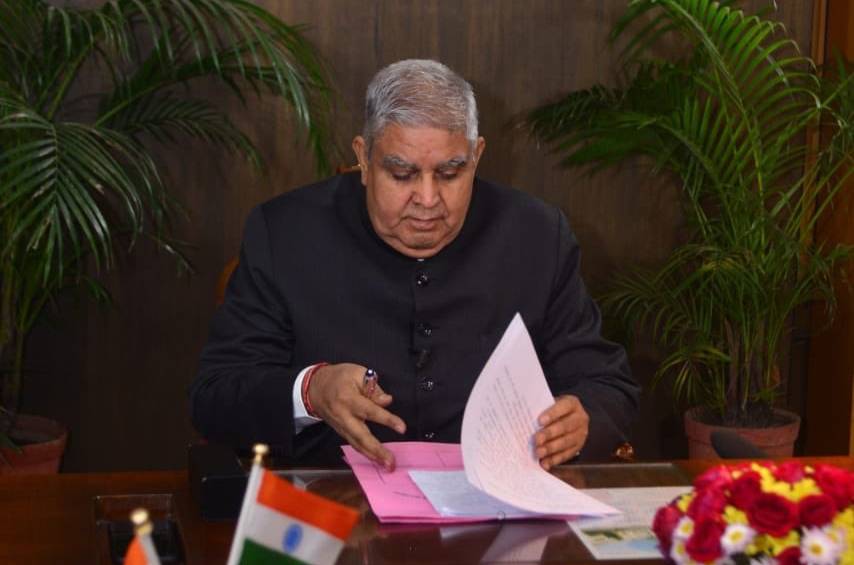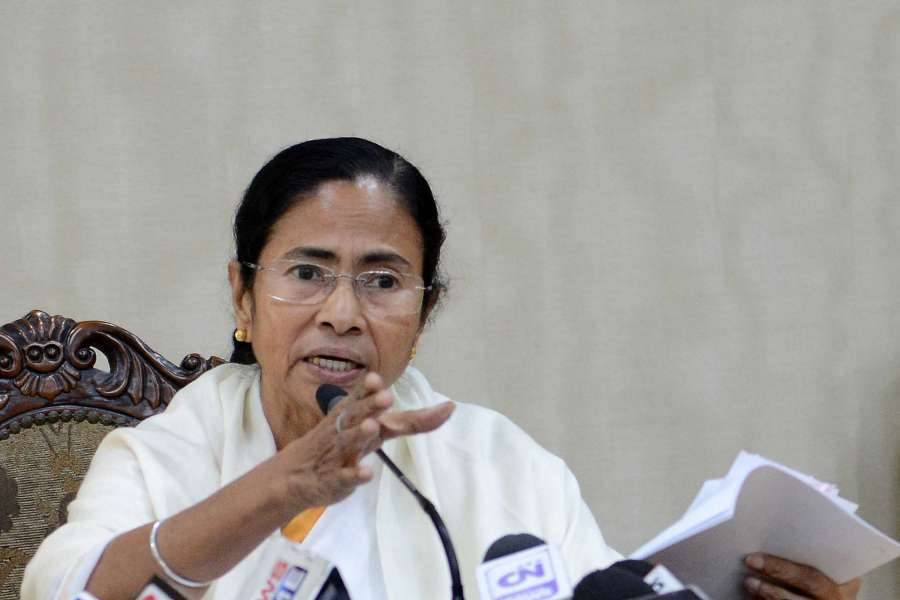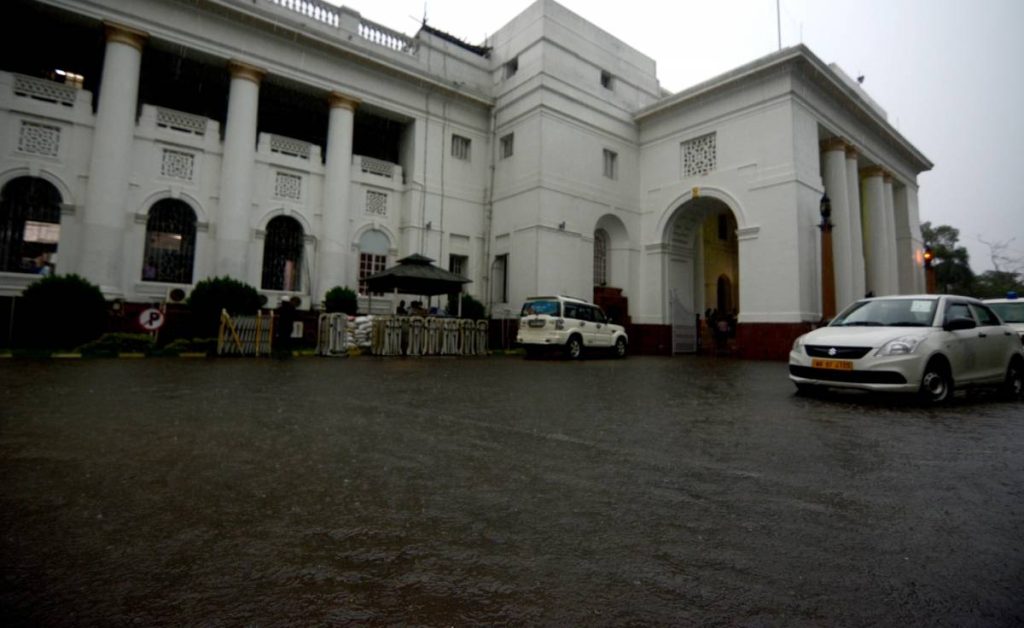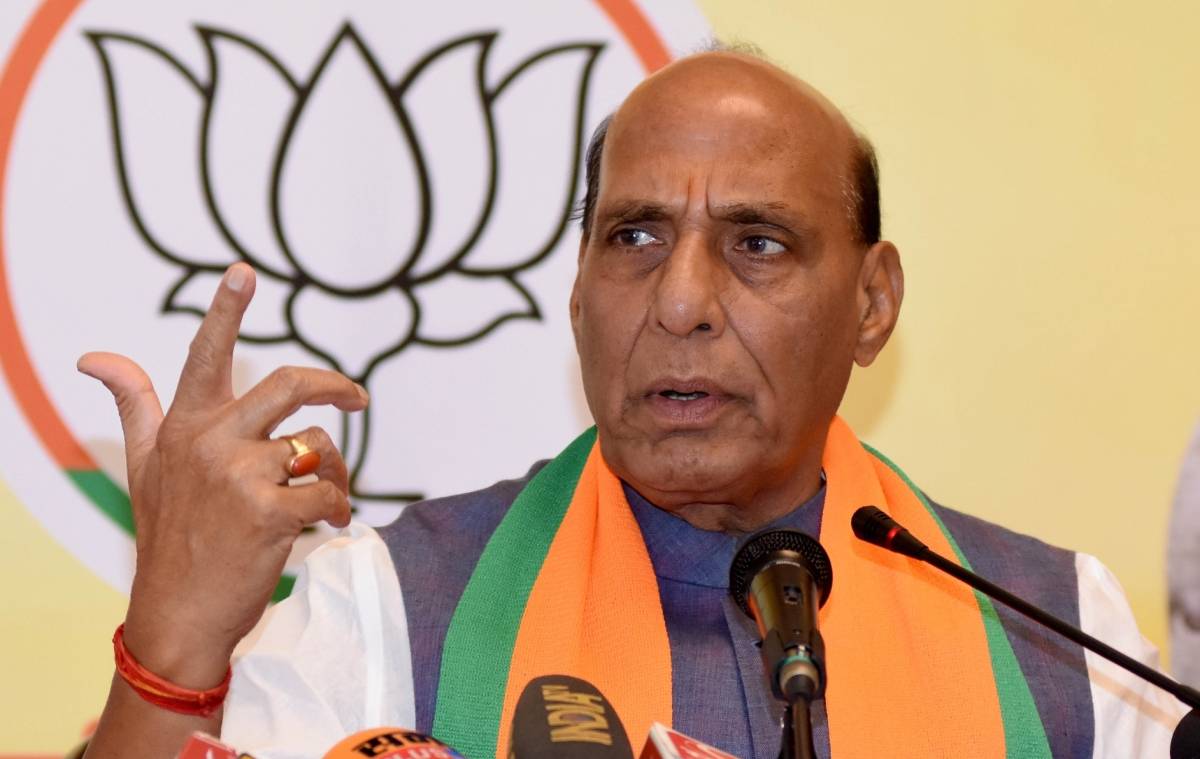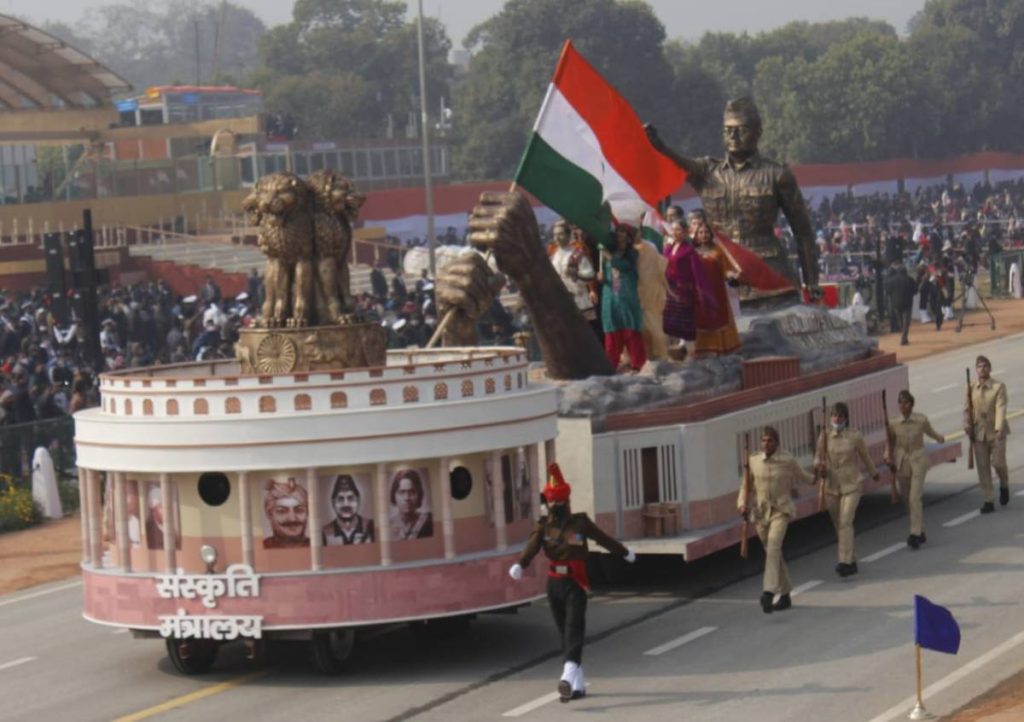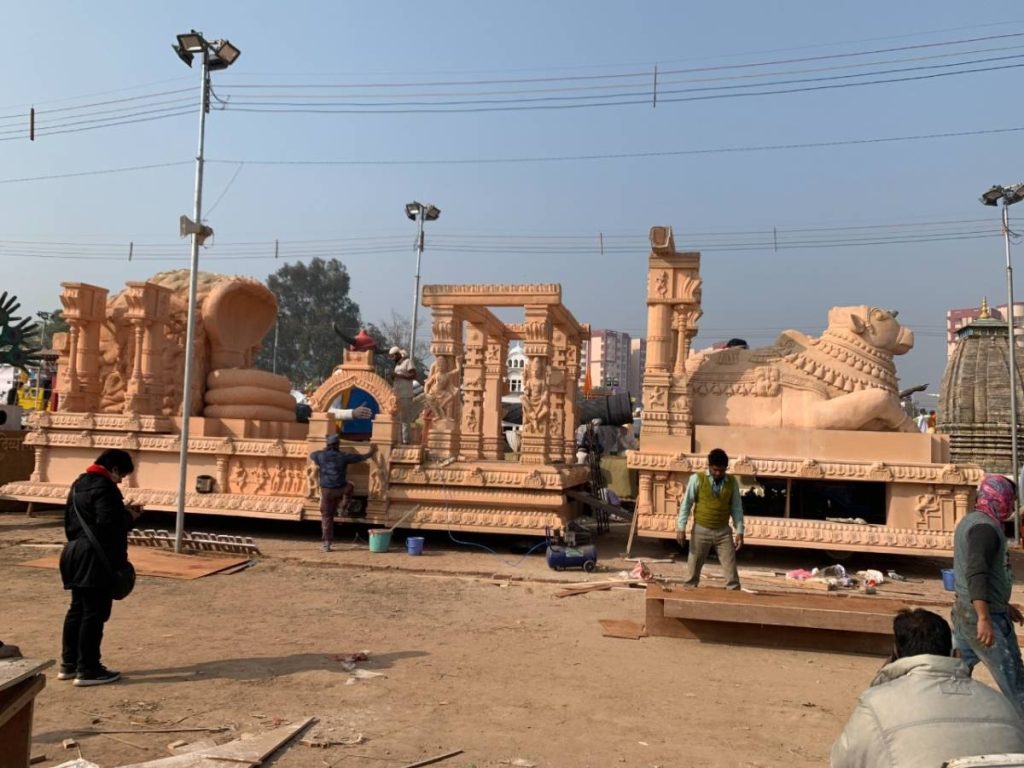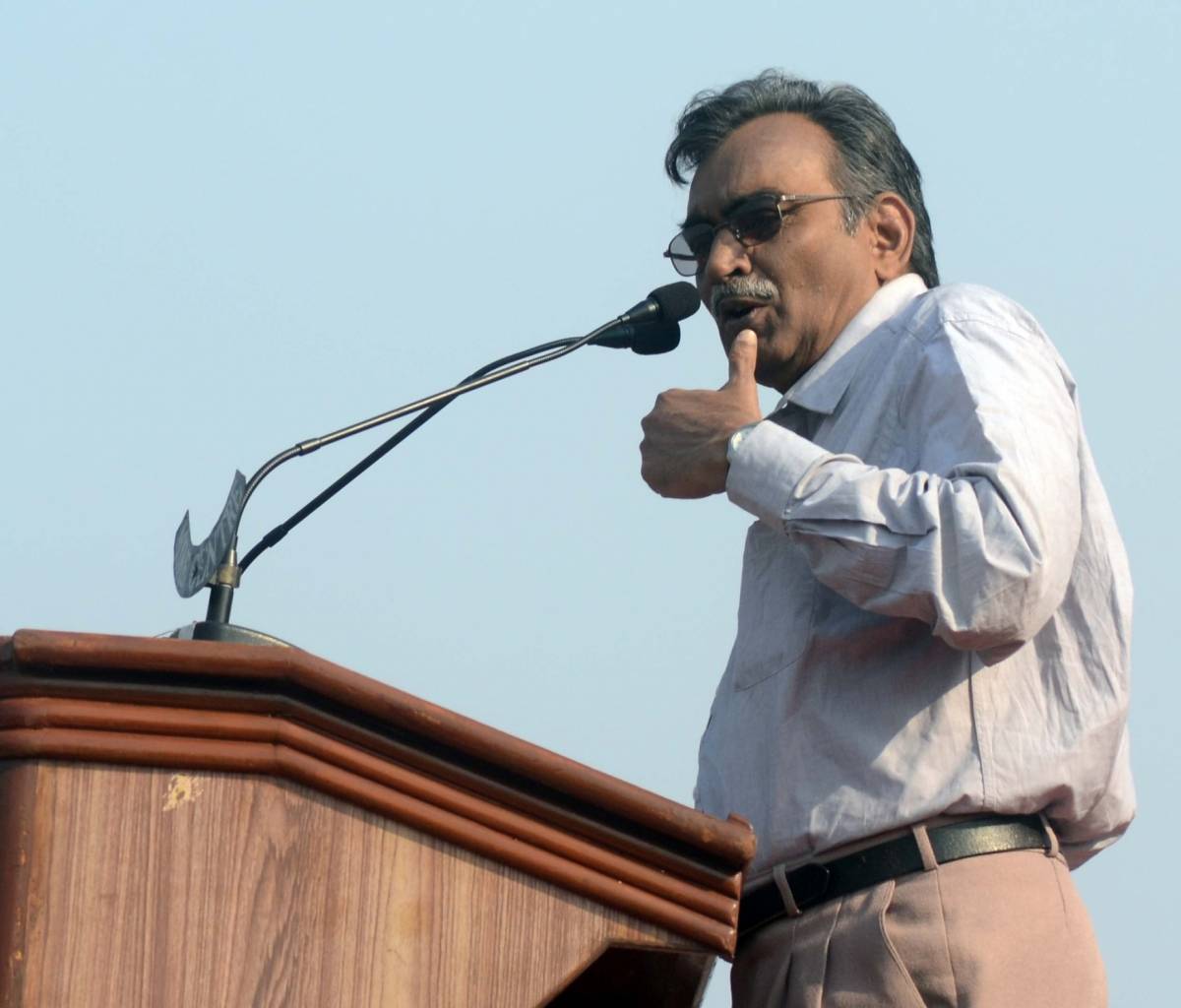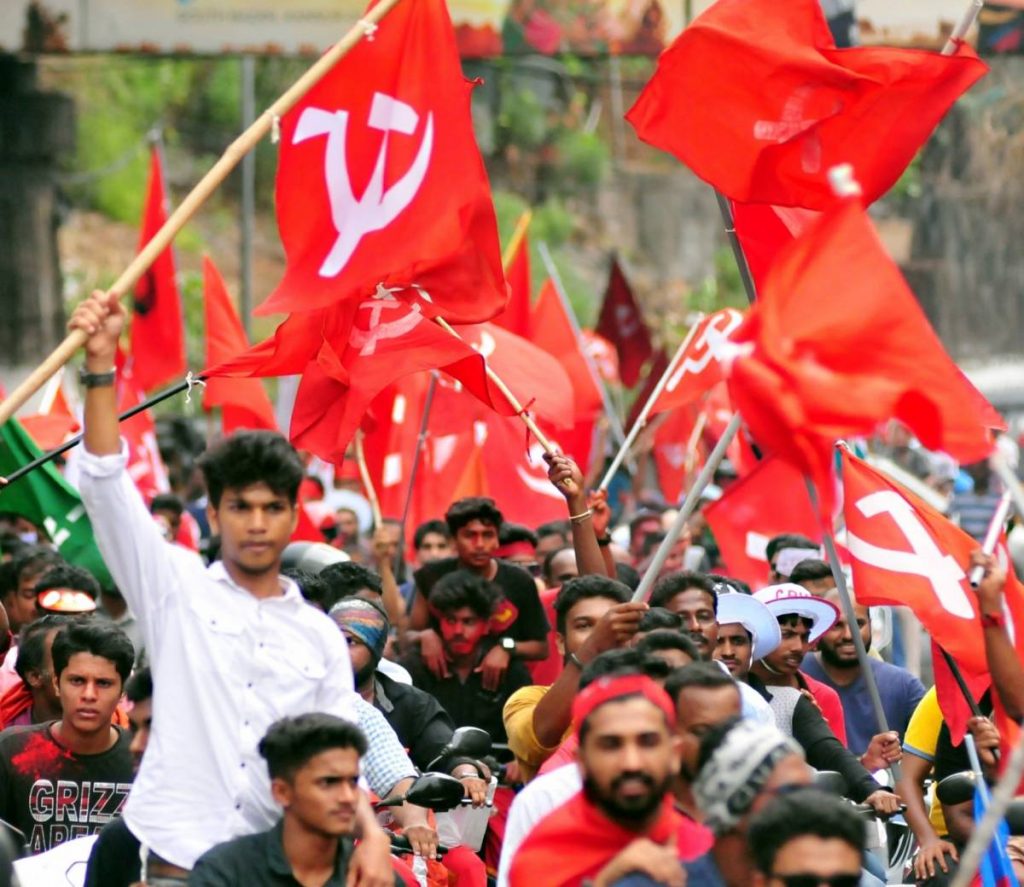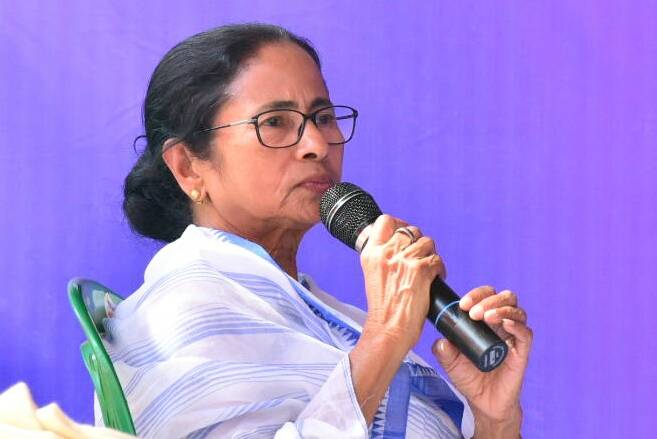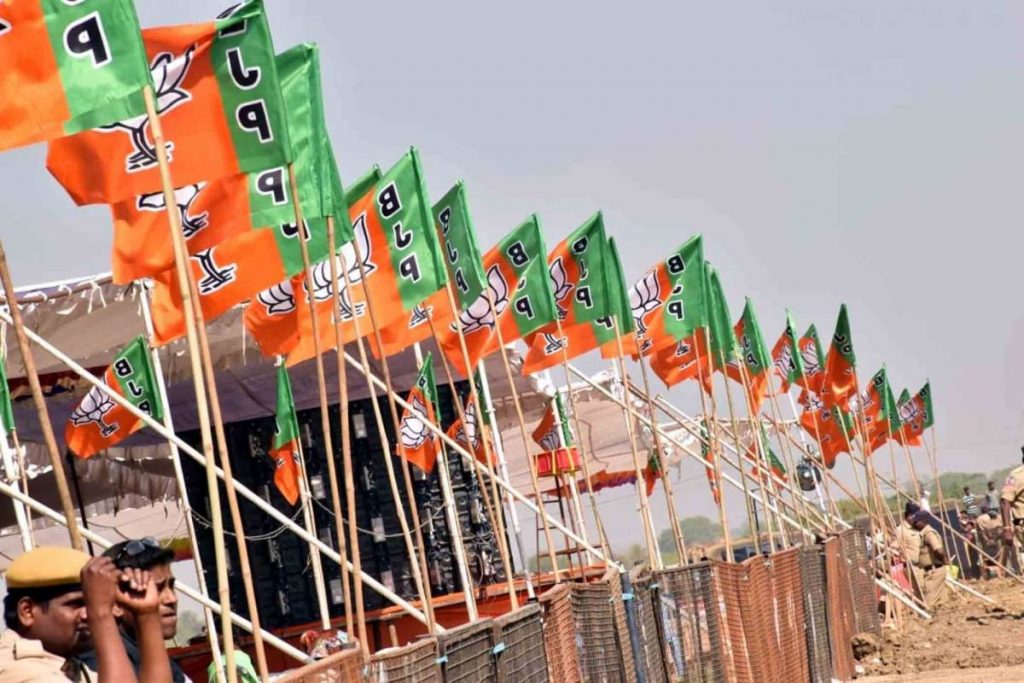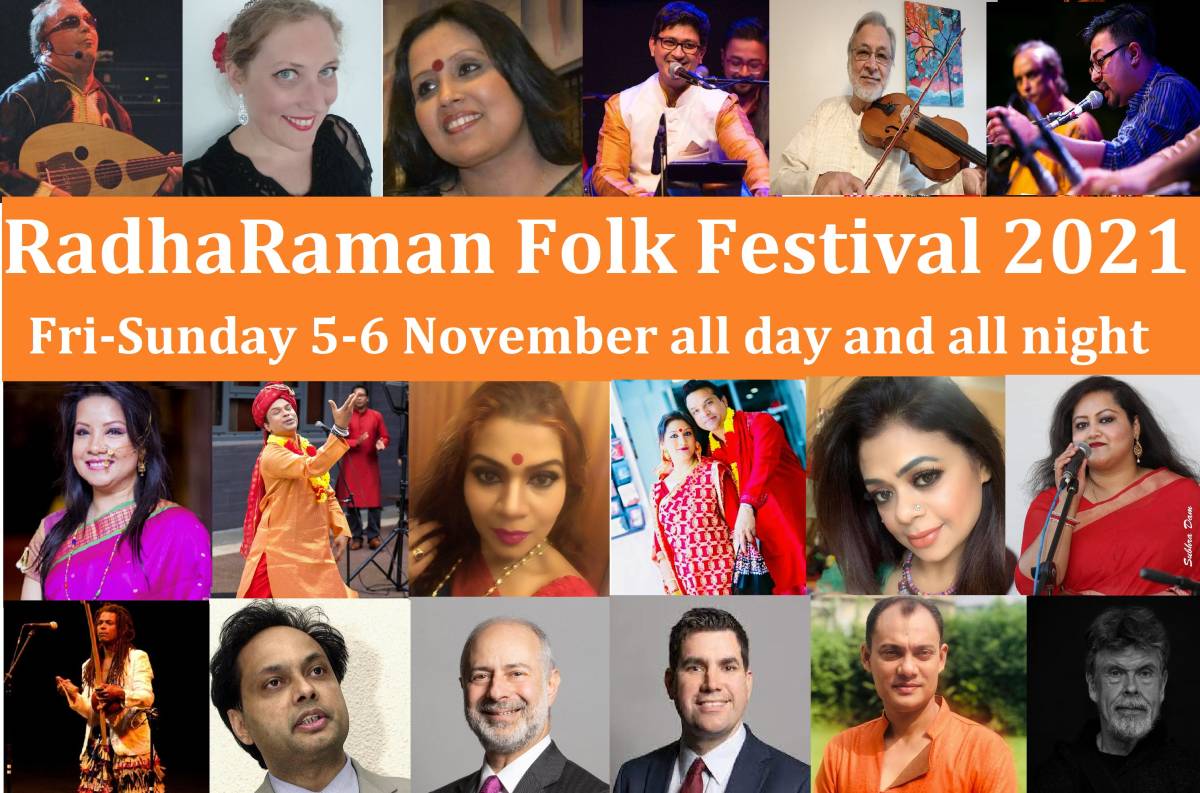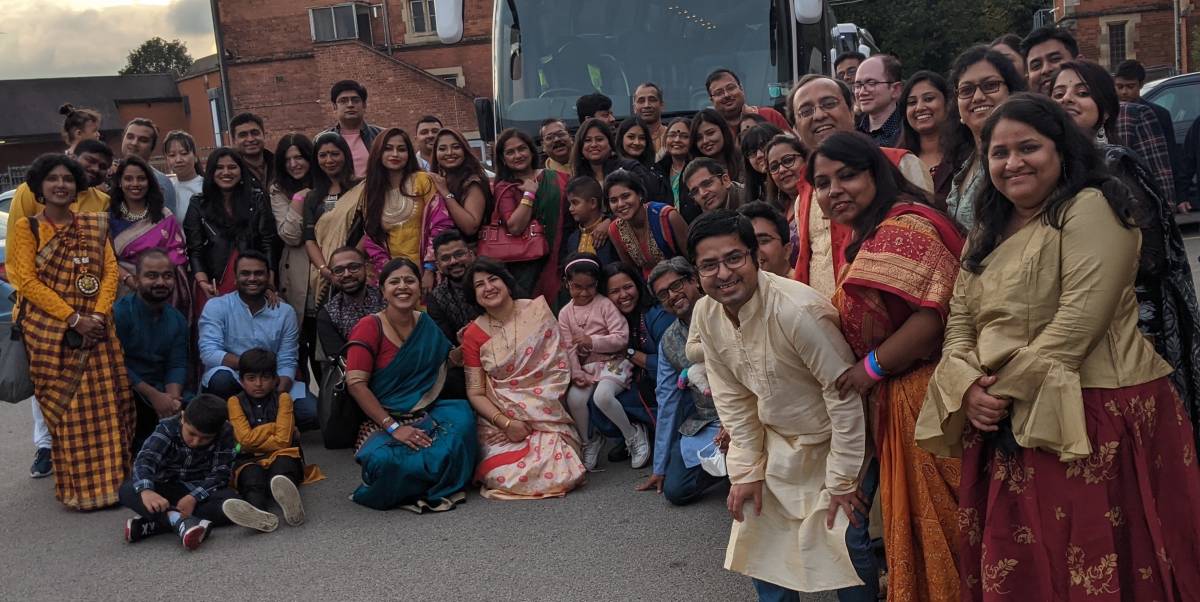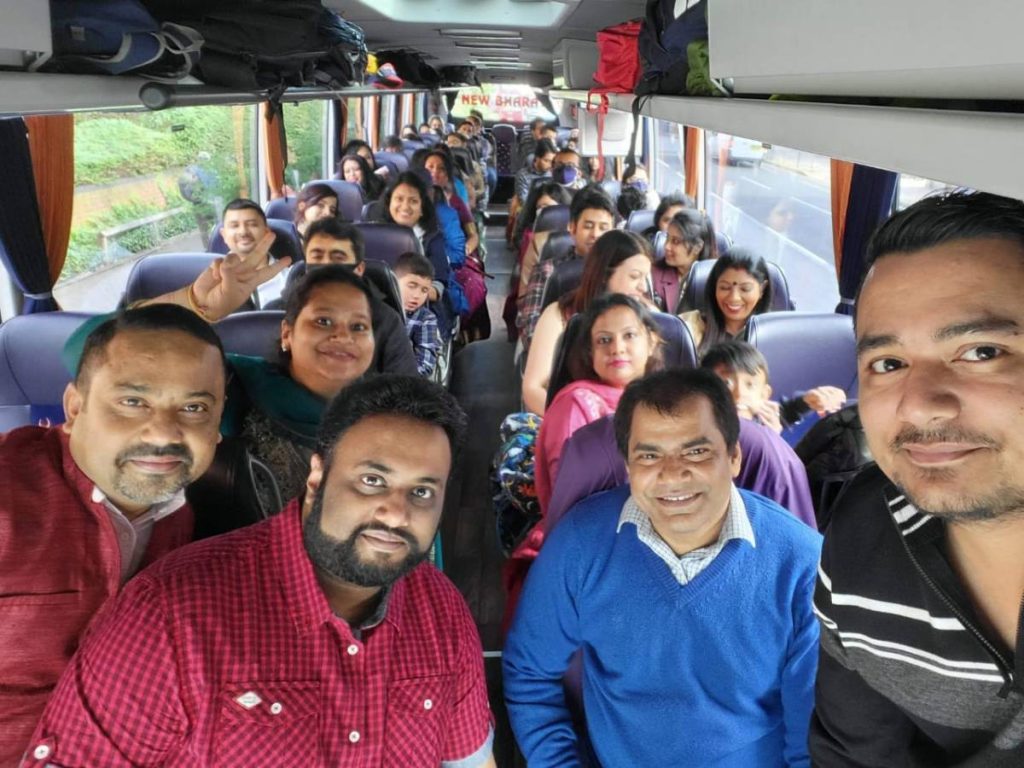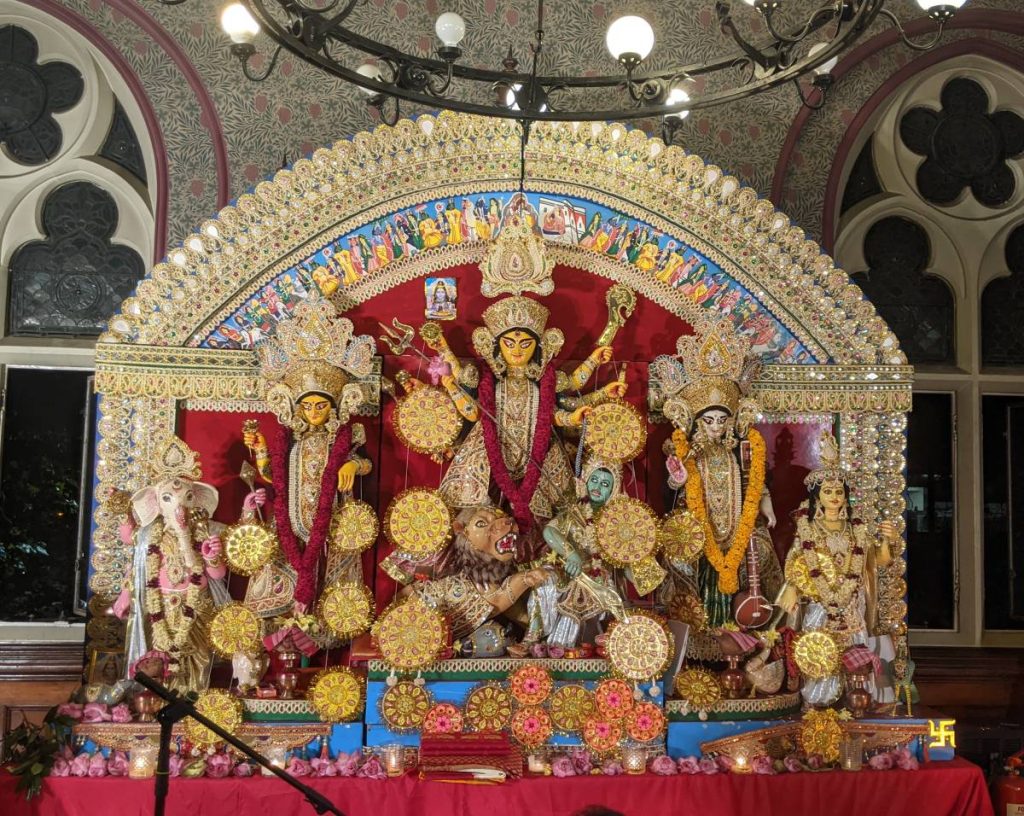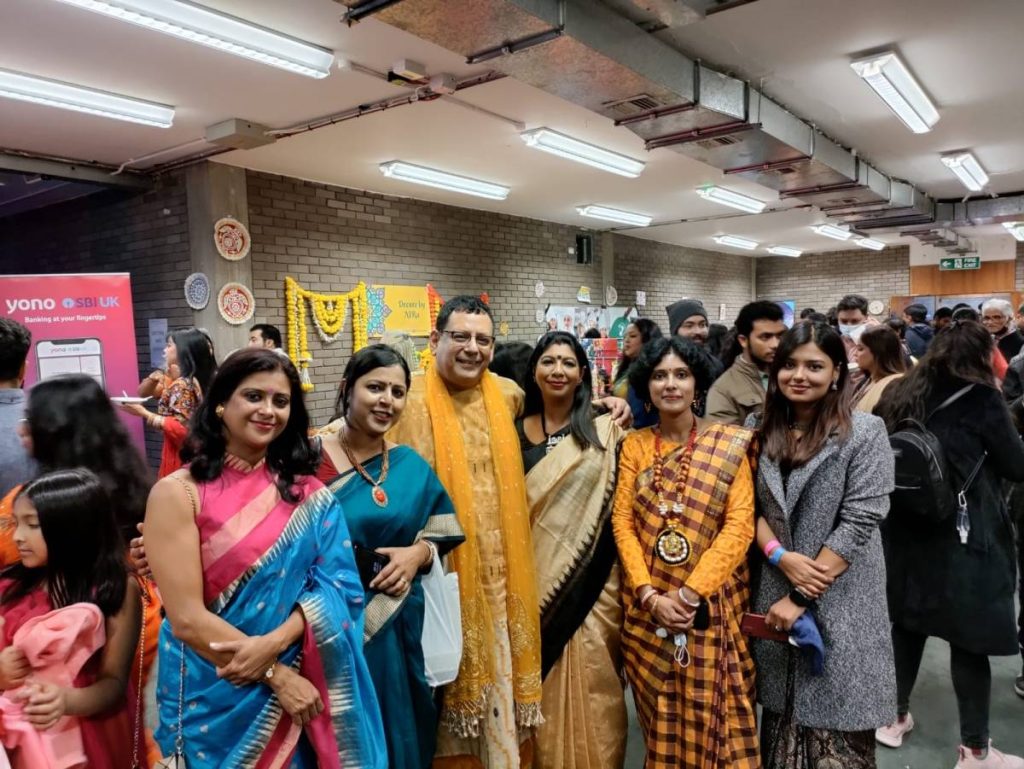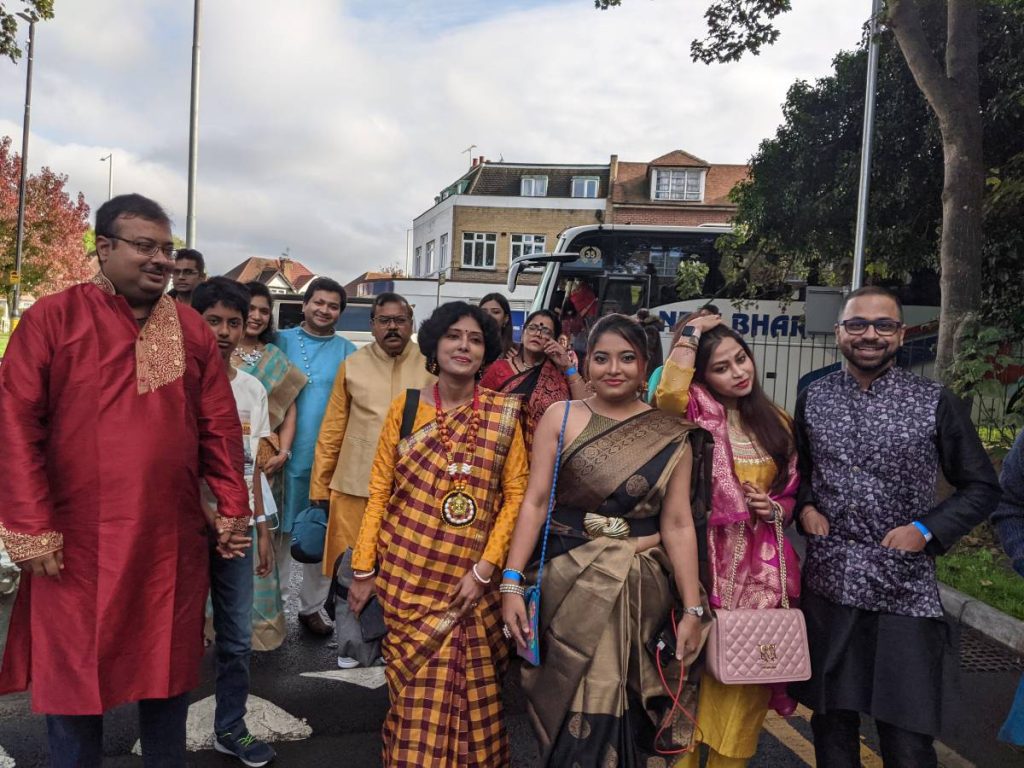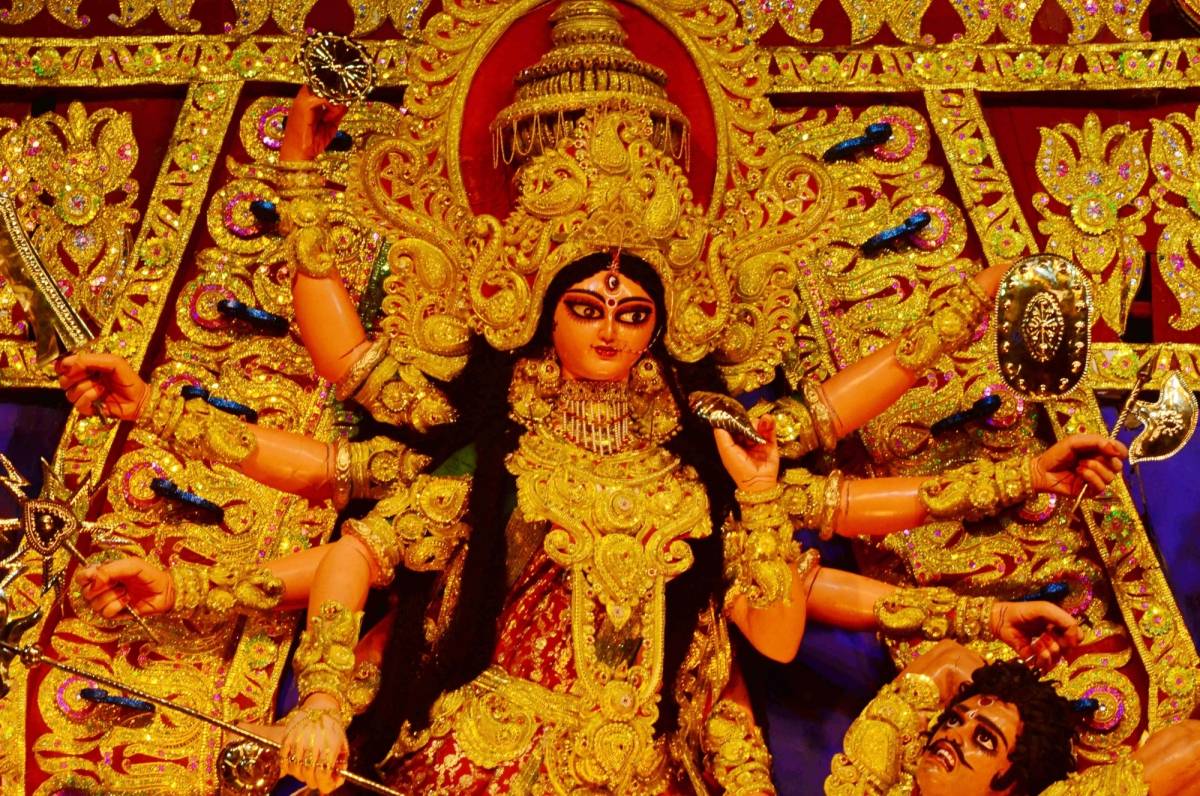The deliberations at the level of Ministers will impart a further political impetus to combatting corruption as ACWG plays a crucial role in leading international efforts to combat corruption…reports Asian Lite News
The third and final meeting of G20 Anti-Corruption Working Group (ACWG) under India’s Presidency began on Wednesday.
Over 154 delegates from G20 Members, 10 invitee countries, and various international organizations will be attending the meeting. It will be followed by the G20 Anti-Corruption Ministerial Meeting on 12th August 2023, which will be chaired by Dr. Jitendra Singh, Minister of State (Independent charge) for Ministry of Science and Technology, Minister of State for the Prime Minister’s Office, the Ministry of Personnel, Public Grievances and Pensions, the Department of Atomic Energy and the Department of Space of Government of India. This will be the second ever Ministerial meeting of G20 ACWG and the first in-person ACWG Ministerial meeting. The deliberations at the level of Ministers will impart a further political impetus to combatting corruption as ACWG plays a crucial role in leading international efforts to combat corruption.
Under India’s G20 presidency, ACWG has been able to achieve significant progress on anti-corruption cooperation regarding action against fugitive economic offenders and return of assets, guided by the Nine Point Agenda for Action Against Fugitive Economic Offences and Asset Recovery, presented by Honourable Prime Minister Shri Narendra Modi to G20 nations in 2018.
During the 1st and 2nd ACWG meetings held in Gurugram and Rishikesh respectively, India was able to forge a consensus in G20 to advance international anti-corruption agenda by finalizing three outcome documents (High Level Principles) on important and sensitive issues.
These pragmatic and action-oriented highest-level commitments will contribute towards prevention, detection, investigation, and prosecution of corruption offences, strengthening domestic anti-corruption institutional frameworks, extradition of fugitive economic offenders and recovery of assets of such offenders from foreign jurisdictions.
The High-Level Principles on Promoting Integrity and Effectiveness of Public Bodies and Authorities Responsible for Preventing and Combatting Corruption will provide a guiding framework for strengthening the independence, transparency, and accountability of anti-corruption institutions. It will help in addressing root cause of corruption including institutional weakness and lack of accountability.
The High-Level Principles on Strengthening Asset Recovery Mechanisms for combatting Corruption are a set of guiding principles to support establishment of a robust and effective framework for the expeditious recovery of proceeds of crime. These principles will deter economic offenders who seek refuge in foreign jurisdictions.
The High-Level Principles on Strengthening Law Enforcement related International Cooperation and Information Sharing for Combatting Corruption is a 6-point plan to enhance inter-agency cooperation and international cooperation through information sharing amongst law enforcement agencies and countries. It will ensure timely and effective action against corruption offences, prosecution of offenders and recovery of proceeds of crimes.
ACWG is also focusing on the role of audit institutions in tackling corruption. Earlier, in the year, side events were also organized to highlight the use of Information and Communication Technologies (ICT) in reducing corruption in public administration and delivery of public services and gender related issues of corruption. The discussion on impact of corruption on women initiated under India’s presidency will generate further concrete action towards collective initiatives for adopting gender-sensitive and gender-responsive approaches in anti-corruption strategies.
The 3rd ACWG meeting in Kolkata will give direction to the future work of ACWG and further the commitments made on law enforcement cooperation, strengthening asset recovery mechanisms, and enhancing integrity and effectiveness of anti-corruption authorities during India’s G20 presidency.
ALSO READ-Huddleston meets industry leaders in Kolkata to boost partnership

